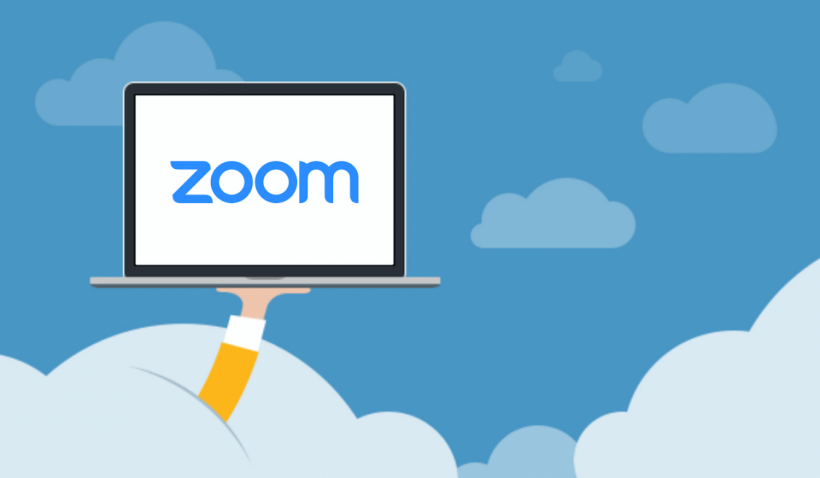Global banking giant Standard Chartered advised its employees not to use cloud-based videoconferencing platforms Zoom and Google Hangouts, citing cybersecurity concerns.

Standard Chartered Des Voeux Road Central Branch, 德辅道中上环香港
COVID-19 has forced many companies to adopt work from home arrangements to comply with the social distancing measures in their countries. As a result, they are utilizing online video conferencing platforms in conducting their meetings.
Standard Chartered Chief Executive Officer Bill Winters issued an advisory to all of its managers to warn them of using Zoom and Google Hangouts for their virtual gatherings. Industry experts said that both cloud-based platforms do not offer the same level of encryption of conversations that can be found in its competitors. Cisco System Inc.'s Webex, Microsoft Teams, and Blue Jeans Network Inc. provide more secure and encrypted talks in their communication platforms.
A spokesperson from Standard Chartered, who declined to comment on the content of the memo, said that cybersecurity is still the top priority for the financial institution. She added that employees could use authorized tools for audio and video conferencing.
READ ALSO: Zoom Replaced By Houseparty App as Most Popular Teleconferencing on App Store
Exposure of privacy issues

Zoom Isn't Safe?: Teleconferencing App Now Sued For Allegedly Selling Facebook Accounts of Users
The world-renowned financial institution is one of the organizations that distance itself from Zoom after the exposure of security flaws on the communication platform. There were reports that strangers burst into video chats in nude or inserting inappropriate images into presentations or uttering discriminatory languages to participants.
The Standard Chartered executive learned about these "Zoombombing" incidents, which instill concern from the platform's users who are utilizing it for work or staying connected with their loved ones while on isolation due to COVID-19. The majority of the countries have implemented some degree of lockdown that limits the mobility of people. As a result, Zoom gained popularity as an efficient communication tool to keep people connected while on lockdown. As a matter of fact, in March alone, around 200 million people are using Zoom daily, skyrocketing from only 10 million users at the end of 2019.
Financial institutions like Standard Chartered are cautious about cybersecurity because existing regulations can penalize them for any unwarranted disclosure of customer information.
Two employees of Standard Chartered who were not authorized to speak on the matter told Reuters that bank staff is mostly using the cloud video conferencing platform, Blue Jeans.
Aside from Standard Chartered, Elon Musk's SpaceX, New York City's public school system, and the governments of Taiwan and Germany issued restrictions in using Zoom due to privacy issues.
Hacking incidents
Earlier, cyber risk assessment experts have discovered that a hacker was selling stolen Zoom credentials at dirt-cheap prices or even giving it away for free. They were able to buy over 500,000 on an underground hacking forum for next to nothing. Some of the stolen credentials included personal meeting URLs and Zoom host keys. They were shocked to learn that the credentials were indeed valid.
Zoom defends itself
Meanwhile, Zoom argued that "exhaustive security reviews" of its technology have been conducted by numerous global clients such as financial firms, telecommunication companies, academic institutions, and government agencies, and they have chosen to use the platform.
Last week, Zoom founder Eric Yuan tapped the former security chief of Facebook, Alex Stamos, as an adviser on safety and privacy concerns to appease the international backlash against the perceived flaws of the platform.
Also Read: Cybersecurity in Banking





